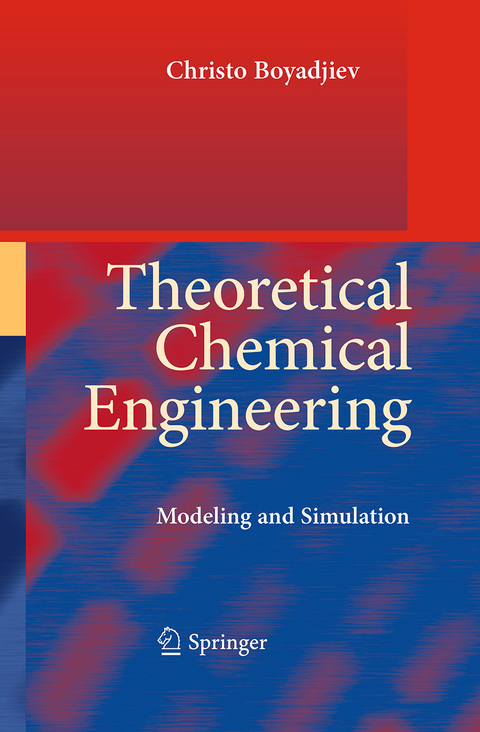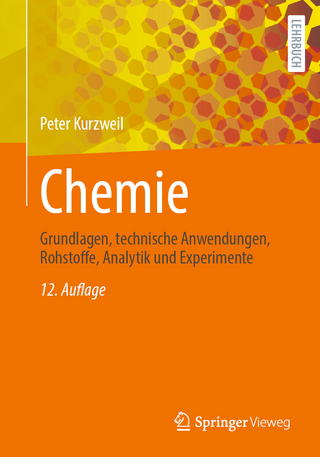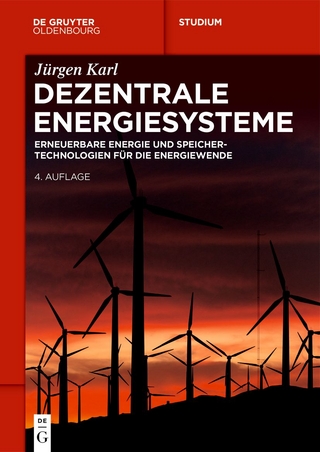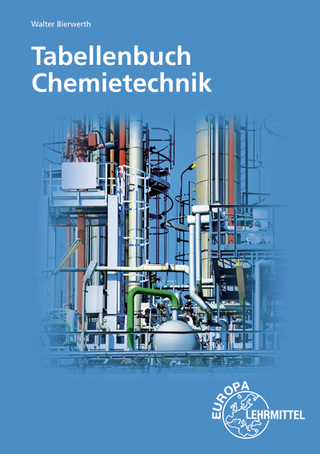
Theoretical Chemical Engineering
Modeling and Simulation
Seiten
2014
|
2010
Springer Berlin (Verlag)
978-3-642-43504-1 (ISBN)
Springer Berlin (Verlag)
978-3-642-43504-1 (ISBN)
This book presents theoretical methods of chemical engineering for modeling and simulation of industrial processes. It uses mechanics of continuous media approach for modeling the simple processes as hydrodynamic processes, mass and heat transfer processes.
The role of theory in science was formulated very brilliantly by Max Planck: Experimenters are the striking force of science. The experiment is a question which science puts to nature. The measurement is the registration of nature's answer. But before the question is put to nature,it must be formulated. Before the measurement result is used,itmust be explained, i.e., the answer must be understood correctly. These two problems are obligations of the theoreticians. Chemical engineering is an experimental science, but theory permits us to formulate correct experimental conditions and to understand correctly the exp- imental results. The theoretical methods of chemical engineering for modeling and simulation of industrial processes are surveyed in this book. Theoretical chemical engineering solves the problems that spring up from the necessity for a quantitative description of the processes in the chemical industry. They are quite different at the different stages of the quantitative description, i.e., a wide circle of theoretical methods are required for their solutions. Modeling and simulation are a united approach to obtain a quantitative description of the processes and systems in chemical engineering and chemical technology, which is necessary to clarify the process mechanism or for optimal process design, process control, and plant renovation. Modeling is the creation of the mathematical model, i.e., construction of the mathematical description (on the basis of the process mechanism), calculation of the model parameters (using experimental data), and statistical analysis of the model adequacy.
The role of theory in science was formulated very brilliantly by Max Planck: Experimenters are the striking force of science. The experiment is a question which science puts to nature. The measurement is the registration of nature's answer. But before the question is put to nature,it must be formulated. Before the measurement result is used,itmust be explained, i.e., the answer must be understood correctly. These two problems are obligations of the theoreticians. Chemical engineering is an experimental science, but theory permits us to formulate correct experimental conditions and to understand correctly the exp- imental results. The theoretical methods of chemical engineering for modeling and simulation of industrial processes are surveyed in this book. Theoretical chemical engineering solves the problems that spring up from the necessity for a quantitative description of the processes in the chemical industry. They are quite different at the different stages of the quantitative description, i.e., a wide circle of theoretical methods are required for their solutions. Modeling and simulation are a united approach to obtain a quantitative description of the processes and systems in chemical engineering and chemical technology, which is necessary to clarify the process mechanism or for optimal process design, process control, and plant renovation. Modeling is the creation of the mathematical model, i.e., construction of the mathematical description (on the basis of the process mechanism), calculation of the model parameters (using experimental data), and statistical analysis of the model adequacy.
Model Construction Problems.- Simple Process Models.- Complex Process Models.- Mass Transfer Theories.- Theoretical Analysis of Models.- Qualitative Analysis.- Quantitative Analysis.- Stability Analysis.- Calculation Problems.- Solution of Differential Equations.- Parameter Identification (Estimation).- Optimization.- Chemical Plant Systems.- Systems Analysis.- Synthesis of Systems.
| Erscheint lt. Verlag | 8.11.2014 |
|---|---|
| Zusatzinfo | XXIX, 594 p. |
| Verlagsort | Berlin |
| Sprache | englisch |
| Maße | 155 x 235 mm |
| Gewicht | 943 g |
| Themenwelt | Naturwissenschaften ► Chemie ► Technische Chemie |
| Naturwissenschaften ► Physik / Astronomie ► Thermodynamik | |
| Technik ► Umwelttechnik / Biotechnologie | |
| Schlagworte | biochemical engineering • chemical engineering • Modeling • Optimization • RSI • Simulation • Theoretical chemical engineering • Turbulence |
| ISBN-10 | 3-642-43504-1 / 3642435041 |
| ISBN-13 | 978-3-642-43504-1 / 9783642435041 |
| Zustand | Neuware |
| Haben Sie eine Frage zum Produkt? |
Mehr entdecken
aus dem Bereich
aus dem Bereich
Grundlagen, technische Anwendungen, Rohstoffe, Analytik und …
Buch | Softcover (2023)
Springer Vieweg (Verlag)
39,99 €
erneuerbare Energien und Speichertechnologien für die Energiewende
Buch | Softcover (2023)
De Gruyter Oldenbourg (Verlag)
69,95 €
Daten, Formeln, Normen, vergleichende Betrachtungen
Buch | Softcover (2024)
Europa-Lehrmittel (Verlag)
38,90 €


